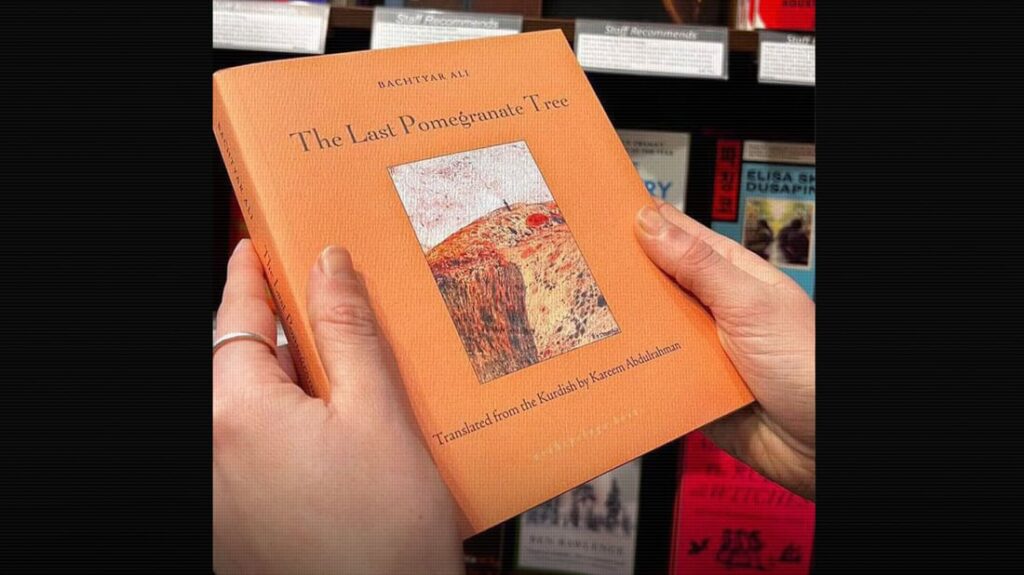Turkish court acquits academic over 2016 Kurdish letter case

ISTANBUL,— A Turkish court for the first time ruled on Friday to acquit one of nine academics who were charged with “propaganda of a terrorist organization” for signing a 2016 letter calling for the end of a conflict in the Kurdish region in the country’s southeast.
The academics signed an open letter titled “We will not be a party to this crime!”, published in reaction to months of fighting between the state and the outlawed Kurdistan Workers Party (PKK), after a 2-1/2-year ceasefire broke down in 2015.
In July, Turkey’s highest court ruled that their sentencing amounted to a violation of rights.
On Friday, a court in Istanbul ruled for the acquittal of academic Özlem ?endeniz after the prosecutor presented a change in his opinion and demanded the acquittal, citing the top court ruling that said the declaration is within the scope of freedom of expression. Sendeniz was ousted from her job at the Igdir University for signing the petition.
Calling themselves “Academics for Peace,” the 1,128 initial signatories of the letter published in January 2016 included Turkish scholars and prominent overseas academics such as American linguist Noam Chomsky and the Slovenian philosopher Slavoj Zizek
Some 200 signatories in Turkey have been convicted of “terrorist propaganda” over the petition and sentenced to between 15 months and three years in prison, according to Bianet.
They said Turkey was condemning residents of Kurdish towns in Turkish Kurdistan (southeast Turkey) to hunger through the use of curfews, and also called for a solution to the conflict that included talks with the Kurdish political movement.
Hundreds more are still facing trial.
But the prosecutor at the Istanbul court called for the charges against Sendeniz to be dropped, Bianet reported, based on a ruling by Turkey’s constitutional court in July.
The constitutional court had been hearing an appeal by nine of those convicted over the petition, and narrowly agreed that their right to free expression had been violated.
It ordered retrials for the defendants and compensation of 9,000 lira (1,415 euros) and said a copy of the judgement would be sent to all lower courts to prevent further violations.
After the ceasefire ended in 2015, the Turkish government had put large parts of the southeast under curfew and some largely Kurdish areas were bombarded by heavy weapons.
The government says its measures were necessary to root out Kurdish militants who had dug trenches and laid explosives. The United Nations has estimated the security operations left 2,000 people dead and up to half a million displaced.
The PKK took up arms in 1984 against the Turkish state, which still denies the constitutional existence of Kurds, to push for greater autonomy in Turkish Kurdistan for the Kurdish minority who make up around 22.5 million of the country’s 79-million population. More than 40,000 Turkish soldiers and Kurdish rebels, have been killed in the conflict.
A large Kurdish community in Turkey and worldwide openly sympathise with PKK rebels and Abdullah Ocalan, who founded the PKK group in 1974 and currently serving a life sentence in Turkey, has a high symbolic value for most Kurds in Turkey and worldwide according to observers.
The PKK also continues to be on the blacklist list in EU despite 2008 court ruling which overturned a decision to place the Kurdish rebel group PKK and its political wing on the European Union’s terror list.
However, Russia, Switzerland, India, China and the United Nations do not list the PKK as a terrorist organization.
Copyright © 2019, respective author or news agency, Ekurd.net | Reuters | AFP
Comments



